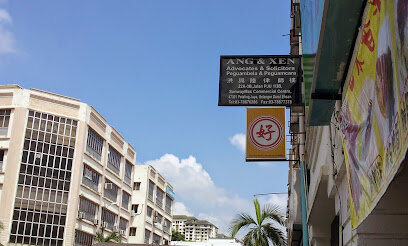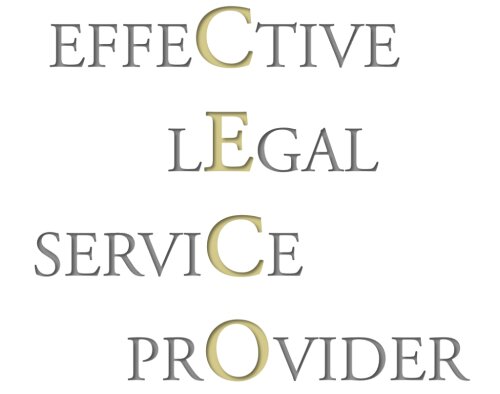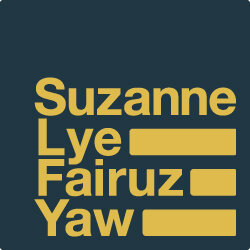Best ADR Mediation & Arbitration Lawyers in Petaling Jaya
Share your needs with us, get contacted by law firms.
Free. Takes 2 min.
List of the best lawyers in Petaling Jaya, Malaysia
About ADR Mediation & Arbitration Law in Petaling Jaya, Malaysia
Alternative Dispute Resolution (ADR), a common practice in Petaling Jaya, Malaysia, offers a method of settling civil disputes outside the traditional court system. This typically includes Mediation and Arbitration. Mediation involves a neutral third-party mediator who facilitates discussion between parties to reach a mutually acceptable resolution. Arbitration, on the other hand, includes an arbitrator or arbitral panel making a binding decision after both parties present their case.
Why You May Need a Lawyer
Although ADR is a less formal method of dispute resolution, it can still be complex, involving legal terminology and procedures that require professional expertise. A lawyer can provide guidance, explain legal jargon, and assist with paperwork. Furthermore, since the result of an arbitration process is usually binding, having a lawyer ensures your best interests are represented.
Local Laws Overview
ADR including Mediation & Arbitration in Malaysia is governed by the Arbitration Act 2005 (AA 2005), which adopts the UNCITRAL Model Law on International Commercial Arbitration. It applies to both domestic and international arbitration. The Act addresses key areas such as the arbitration agreement, the composition and jurisdiction of the arbitral tribunal, and the recognition and enforcement of awards.
Frequently Asked Questions
1. Are all arbitration awards binding?
Yes, under the Arbitration Act 2005, all awards passed by an arbitrator are legally binding and enforceable.
2. Can a court order be appealed in arbitration?
No, decisions taken by courts are outside the context of arbitration. Arbitration is only applicable to disputes where both parties have agreed to engage in the process.
3. Is legal representation necessary in Mediation or Arbitration?
While it's not a legal requirement, it's beneficial to have a lawyer for expert advice, since both processes can have long-term legal and financial implications.
4. How does one initiate ADR?
The process typically starts with both disputing parties agreeing to attempt ADR, deciding whether to opt for mediation or arbitration, and then engaging a neutral party to oversee proceedings.
5. How is an arbitrator or mediator selected?
Both parties usually agree on a neutral arbitrator or mediator. If they can't agree, the court or an ADR institution can appoint one.
Additional Resources
The Malaysian Mediation Centre (MMC) and The Kuala Lumpur Regional Centre for Arbitration (KLRCA) provide resources, training, and ADR services. The Malaysian Bar also offers a directory of ADR practitioners, as well as resources related to ADR.
Next Steps
If you believe you may benefit from ADR, the first step is to consult with a legal professional who specializes in this method of dispute resolution. They can provide advice tailored to your situation. Then, inform the other party of your intent to seek ADR and ensure they agree to this process. Your lawyer can then guide you through the rest of the process, including selecting a mediator or arbitrator and preparing for sessions.
Lawzana helps you find the best lawyers and law firms in Petaling Jaya through a curated and pre-screened list of qualified legal professionals. Our platform offers rankings and detailed profiles of attorneys and law firms, allowing you to compare based on practice areas, including ADR Mediation & Arbitration , experience, and client feedback.
Each profile includes a description of the firm's areas of practice, client reviews, team members and partners, year of establishment, spoken languages, office locations, contact information, social media presence, and any published articles or resources. Most firms on our platform speak English and are experienced in both local and international legal matters.
Get a quote from top-rated law firms in Petaling Jaya, Malaysia — quickly, securely, and without unnecessary hassle.
Disclaimer:
The information provided on this page is for general informational purposes only and does not constitute legal advice. While we strive to ensure the accuracy and relevance of the content, legal information may change over time, and interpretations of the law can vary. You should always consult with a qualified legal professional for advice specific to your situation.
We disclaim all liability for actions taken or not taken based on the content of this page. If you believe any information is incorrect or outdated, please contact us, and we will review and update it where appropriate.











